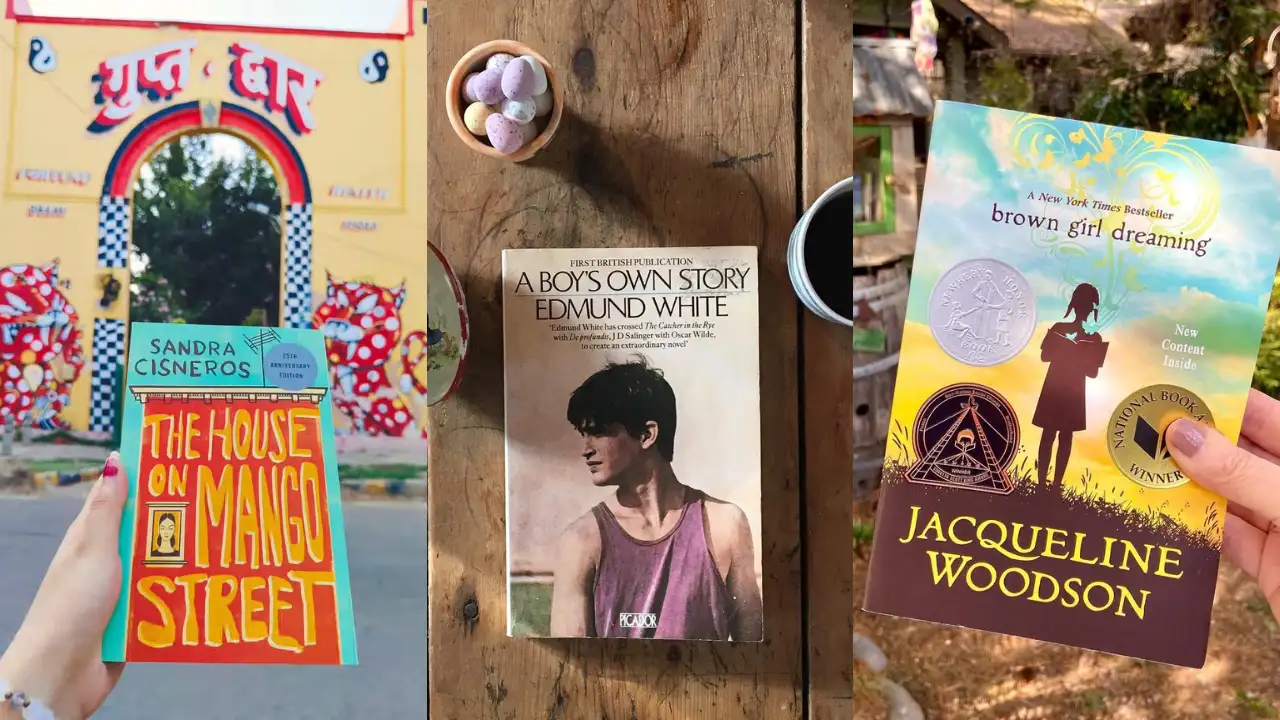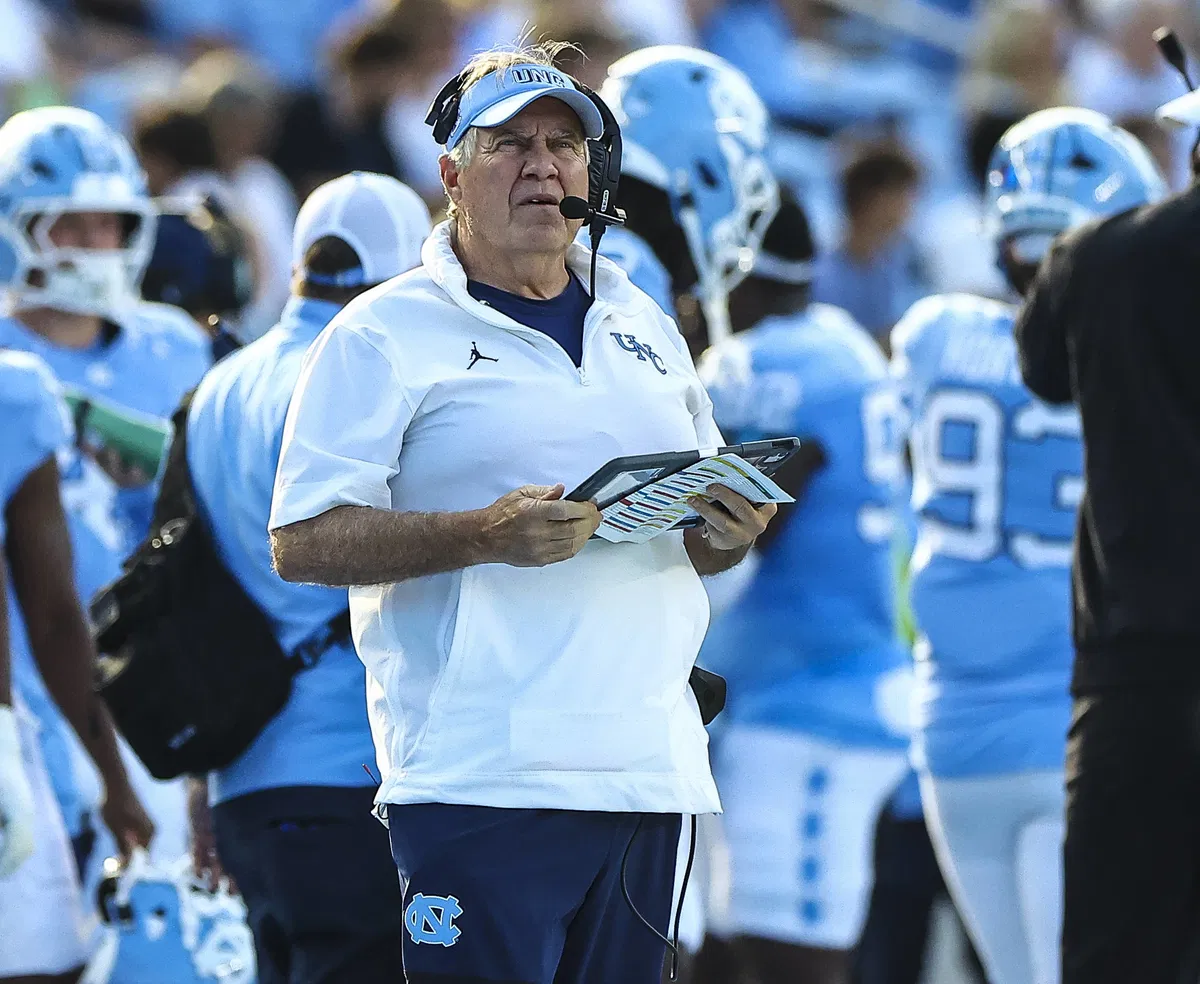Copyright timesnownews

There are books we read, and then there are books that read us. Some stories don't just entertain but excavate forgotten versions of ourselves, dusting off the person we were before life reshaped us. These eight books arrived like unopened letters I'd written to myself years ago, each one addressing the hopes, fears, and questions my younger self carried but couldn't articulate. They spoke directly to who I was then, offering the understanding I desperately needed but couldn't find. Reading them now feels like holding both ends of a conversation across time, recognising the voice that once asked these questions and finally hearing the answers echo back. Some books don't find us by accident; they've been waiting all along.,,Also Read: 8 Books That Feel Like They Were Written By Your Future Self,1. All My Puny Sorrows by Miriam Toews,Two sisters from a Mennonite community navigate adulthood, carrying their father's suicide and their community's religious trauma. Elfrieda becomes a successful pianist, beautiful and accomplished, yet she makes repeated suicide attempts throughout her life. Her sister Yolandi is a struggling writer, divorced and imperfect, desperate to keep Elfrieda alive. Miriam Toews writes about what it means to love someone determined to die, the exhaustion of constant vigilance, and impossible questions about autonomy versus intervention. The novel addresses depression, mental illness, and how grief from suicide carries particular guilt and anger. Toews writes with dark humour and tenderness about the unbearable weight of loving someone in such pain.,,2. Boyhood: Scenes from Provincial Life by J. M. Coetzee,An autobiographical novel depicts the author's childhood in 1950s South Africa through disconnected scenes presented in third person, creating distance from painful memories. J.M. Coetzee writes about the boy he was with unflinching honesty, showing his childhood as lonely, anxious, and marked by difficulty connecting with family or peers. He depicts his relationship with his mother, whom he both loved and resented, his distant father, and his experience growing up Afrikaner in apartheid South Africa while feeling alienated from his culture. The third-person narration creates a strange effect, as though examining his younger self as a specimen, refusing sentimentality or self-justification. The book addresses the formation of consciousness, the origins of the writer he would become, and the person he no longer is.,3. A Boy's Own Story by Edmund White,An autobiographical novel follows a gay boy coming of age in the 1950s Midwest, navigating his sexuality in an era when homosexuality was considered a disease and crime. Edmund White writes with lyrical precision about the narrator's childhood crushes, his attempts to change through therapy and religion, and his eventual acceptance of desires that society condemned. The book explores the narrator's complicated relationships with his father and his sister, his experiences at boarding school, and his first sexual encounters. White captures the particular loneliness of being gay before liberation, the internalised shame, and the desperate search for others like himself. The novel addresses the person White was when denying his sexuality seemed necessary for survival.,4. Stay True by Hua Hsu,,A writer reflects on his college friendship with Ken, a charismatic classmate murdered during a carjacking, examining how loss shaped his life and who he became after grief. Hua Hsu chronicles their unlikely friendship in 1990s Berkeley, their arguments about music and authenticity, and his struggle to understand Ken's death and its aftermath. The memoir explores Asian American identity, particularly the pressure to perform coolness or authenticity, and how friendship allows vulnerability impossible elsewhere. Hsu writes about the version of himself he was before Ken's death, his belief that ironic detachment protected him, and how loss forced him to abandon that pose. The book is both an elegy for a friend and for the person Hsu was before trauma made him different.,5. Minor Feelings: An Asian American Reckoning by Cathy Park Hong,A poet examines her experience as an Asian American woman through essays exploring racial identity, artistic ambition, and the particular invisibility and hypervisibility of Asian Americans. Cathy Park Hong coined the term minor feelings to describe the difficult-to-articulate emotions of racial marginalisation that the dominant culture dismisses as oversensitivity or paranoia. She writes about the model minority myth's damage, about feeling both foreign and American, and about navigating predominantly white literary spaces. The essays combine personal narrative with cultural criticism, examining friendship, mental health, and the costs of assimilation. Hong writes to her younger self, who believed working hard and being excellent would be enough, showing how she came to understand that structural racism shapes experience regardless of individual achievement.,,6. The House on Mango Street by Sandra Cisneros,A young Latina girl named Esperanza describes her neighbourhood and the people in it through poetic vignettes, documenting her coming of age and her dream of escaping to a house of her own. Sandra Cisneros writes in brief, lyrical chapters capturing Esperanza's observations about poverty, violence against women, and the limitations her community places on girls' possibilities. The book shows Esperanza developing her identity as a writer and as a Chicana, negotiating between her family's Mexican heritage and American culture. She witnesses women trapped by men, by poverty, by lack of education, and vows to escape while also committing to return and help those left behind. Cisneros addresses her younger self who wanted to leave her origins behind, showing instead how she came to claim her identity and use her voice for her community.,7. Brown Girl Dreaming by Jacqueline Woodson,A memoir in verse chronicles the author's childhood in the 1960s and 70s, growing up between South Carolina and New York during the Civil Rights era. Jacqueline Woodson writes in accessible, powerful poetry about her family's migration north, her experiences with racism in both regions, and her development as a reader and writer. She depicts her family, including her strict Jehovah's Witness grandmother, her activist mother, and her siblings, showing how they navigated changing times. The book addresses Woodson's experience as a Black girl finding her voice, learning to read despite early struggles, and discovering that stories could be about people like her. She writes to the girl she was who felt caught between worlds, finding identity through writing.,Also Read: 8 Books That Make You Feel Seen in the Loneliest Moments,8. A Particular Kind of Black Man by Tope Folarin,,A memoir follows a Nigerian American man from childhood in Utah through college, examining his experience navigating between the Nigerian immigrant community and white American culture. Tope Folarin writes about growing up Pentecostal in predominantly white spaces, about his mother's mental illness and his parents' troubled marriage, and about the particular pressure on children of immigrants to succeed while maintaining cultural identity. He explores masculinity, faith, and the code-switching required to move between different worlds. The book addresses Folarin's younger self, who believed he could transcend race through achievement, showing how he came to understand that identity is complex and that attempting to erase parts of yourself creates damage. He writes about learning to integrate rather than fragment his multiple identities.,,Returning to these eight books feels like completing a promise I made to my former self. Each story served as a bridge between who I was and who I've become, proving that growth doesn't erase our past but deepens our understanding of it. These weren't just books; they were witnesses to my transformation, patient companions that held space for every version of me that existed between their pages. Reading them again revealed new layers I couldn't see before, yet they still carried the same comfort they offered years ago. The person I used to be needed these stories to survive certain seasons. The person I am now needs them to remember where I've been and honour how far I've come. Some conversations with ourselves never truly end.



